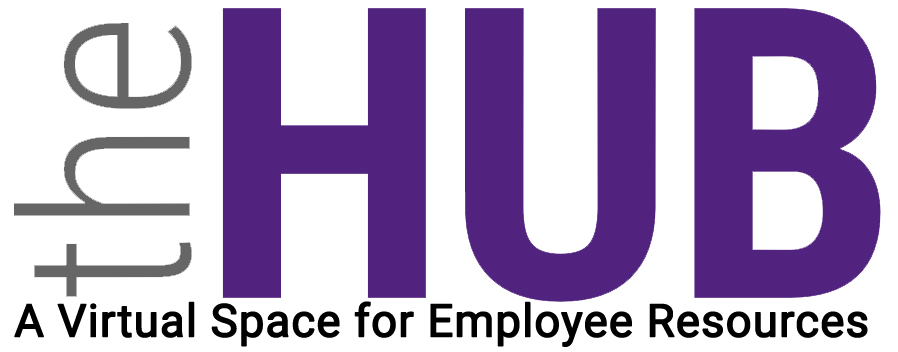AI Literacy for College Students Video Series Dr. Nic Subtirelu of the English Department at…
Supervisors and Managers
As your employees return, you face a complex task of merging those who are on-site with those who are working remotely. You have a hybrid team.
Begin your task by using the ABCs of leadership: Accountability, Belief, and Capability.
- The accountability we wish to see in others starts with each of us. In other words, we must first be accountable to ourselves for our own behaviors. Believe it, say it, mean it, act it!
- When we believe we can make a difference—that change is possible—then our actions will follow. But if we don’t believe, we won’t achieve.
- This is a broad brush: listening, connecting, inspiring, giving and getting honest feedback, expanding networks, exploring with others, and constantly looking for opportunities to learn. It’s all about allowing belief and accountability to shine through actions.
The tide is changing—and your employees are returning to the work site. We will all be accountable for who we are—and how we show up: employees, team members, friends, and colleagues.
–Korn Ferry weekly email, January 10, 2021
Next, discuss expectations. As ‘where’ we work becomes less important, ‘when’ we work will take centerstage. As part of your hybrid work plan come up with a list of communication norms that will support productivity and prevent burnout. When one is working from home, it’s too easy to keep working, all the time. In 2020, Microsoft found that the number of messages its employees sent after standard work hours doubled, and that people who did not work much on Saturday and Sunday pre-COVID-19 saw their work triple. It’s no wonder that 71% of knowledge workers have experienced burnout over the past year. What were your employees doing?
As an example, norms might include the following:
- All meetings will have a video link to ensure that remote team members can join.
- For large all-hands meetings where some people will be in the office and some remote, everyone will connect individually from their computers so those who are remote don’t feel left out.
- Everyone, whether they’re in the office or not, will be expected to be online (within reason) during a subset of normal work hours (for example, 9 a.m. to 2 p.m.) to have some overlap with all coworkers.
- Everyone will share what they are working on for the week in a group email or in Teams.
- Leaders will call in to meetings from home at least one day a week to normalize remote work.
Involve your people. A fresh start is a chance to reimagine what the workplace looks like, so make this planning process a creative endeavor. Try splitting employees into small focus groups to generate ideas for how to make the most of your office space and in-person time. Bringing your employees into the conversation can help surface better ways of working, break down silos that have formed over the past year, and make everyone more excited about the possibilities of getting together in an office again.
But I and my employees have been here the entire time!
You are the unsung heroes of MC. You have patrolled the grounds, maintained the property and buildings, provided technical support, and responded to COVID outbreaks dressed in new “uniforms.” You also had MC to yourselves. Now, people are returning and bringing crowded parking, more work with trash collection, cleaning, and even getting in your way of you doing your job.
Be patient. It is easier said than done. Remember that people are feeling stress in trying to regain a sense of normalcy after the stresses of the recent outbreak, and you can see how conflict may arise. Working well with others involves understanding human nature, being willing to compromise, and looking beyond the surface to understand people and the reasons for their actions.
Be flexible and adaptable. For MC to be able to regain its momentum and be successful, we need to respect each other and work together. The most important thing to remember when working with others is to remain professional.
- Treat others as you would like to be treated
- Keep an open mind
- Focus on team spirit
- Be positive, and do not concentrate on minor disappointments or issues
- Be polite
- Be kind and encouraging
- Take an interest in their lives and activities
- Respect the moods of fellow employees (understand that everyone has a bad day every now and then)
- Try to solve problems instead of creating them
— Returning to Work Guidance Resources, ComPsych Corporation, 2020
Interested in reading the other Tips associated with this special edition of Working Remotely: Tip of the Week?
If you are excited to return, the following thoughts may be helpful. If you identify with the second group, you are not alone and may benefit from the following information. And, if you are a manager, read these tips to help your employees have a smooth(er) experience with their return.

This Post Has 0 Comments